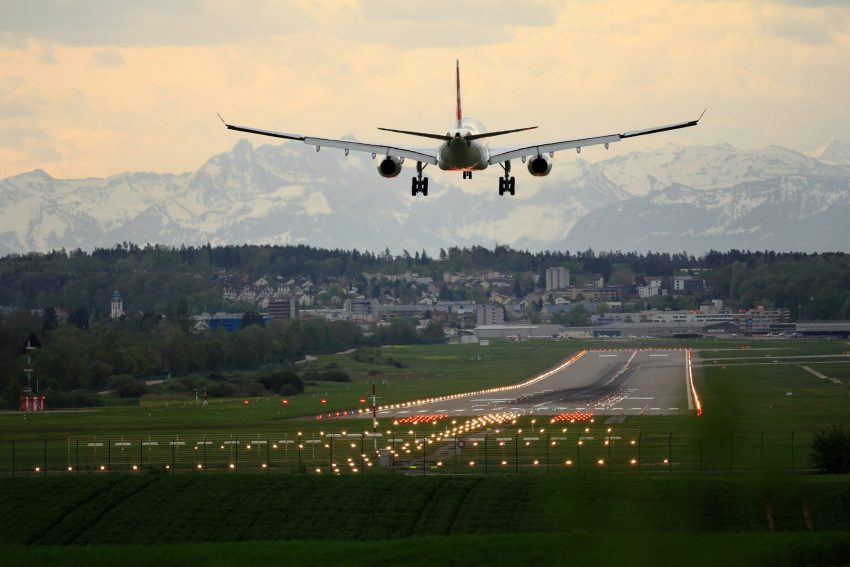Demand for air travel hit rock bottom in 2020 due to the COVID-19 pandemic, which has forced some airlines to downsize and to adapt to the COVID-19 world. As air travel is recovering, but uneven and slow, the industry is seeking a way to pull through this inopportune moment.
The demand for narrow body aircraft has outpaced that of the twin aisles even before the pandemic. For example, Airbus’s order since 2011, the beginning of golden era for Asia-Pacific low-cost carriers, the narrow body aircraft (A320 Family and A220) account for 80%-90% of its yearly order.
Despite the downturn in the aviation industry, narrow body aircraft sales and deliveries are still on-going. Delta Airlines ordered an additional 25 new Airbus A321 aircraft on top of the 100 ordered back in 2017, making the total of acquired aircraft to 125. KLM Royal Dutch Airlines received its first Embraer E195-E2 out of 25 aircraft earlier in 2021 and Air France made a massive order of 60 A220s in late 2020. Meanwhile, in Africa, Peace Air of Nigeria has just received its first Embraer E195-E2, the first in the continent, whilst Tanzania Airlines, is eyeing more A220 as part of their post-COVID-19 recovery plan. In Central Asia, the newly restructured Air Manas will introduce its first A220 later this year.
Narrow body aircraft help airlines to strive through the pandemic.
A narrow body aircraft adds flexibility to airlines fleet management and lowers operating cost, which contributes to the survivability of airlines during the pandemic. The advanced technologies including new engine options and composite materials help narrow body aircraft to fly even longer distances in recent years with higher operation and fuel efficiency. For example, the A321XLR for instance can fly up to 8,700 kilometers, seating up to 244, which makes it substitutable to wide body aircraft like the A330. These are the main drivers that allow airlines to operate profitably on routes with low demand and underserved markets that could not justify the usage of wide body aircraft. When the recovery from COVID-19 pandemic is gradual and uneven, often starts with short to medium hauls for domestic routes, narrow body aircraft helps airlines to restart small and test the market to strive through the pandemic.
There are many examples of how narrow body aircraft fits into the airlines strategy during the recovery. For instance, in the last quarter of 2020, Japanese airlines continue to operate 227 destinations domestically and internationally. The destination flown during the pandemic was made possible by the deployment of narrow body aircraft. Overall, there was a 67% drop in twin aisle aircraft flights and a 37% in narrow body aircraft flights. Moreover, Aer Lingus uses the narrow body aircraft, the A321LR to expand its network during the pandemic, including establishing a daily new route from Manchester to New York.
Although there has already been a growing demand for narrow body aircraft before 2019, the pandemic accelerated the demand even further. During this time when airlines were forced to reduce costs as there is very little or in some cases no revenue stream, the advantage that narrow body aircraft could deliver to airlines is the ability to keep operational costs low. This helps airlines to survive the pandemic, by maintaining their route network, and in some cases open new routes to restore confidence and stimulate new demand.
“Hard times don’t create heroes. It is during the hard times when the “hero” within us is revealed.” And, this time, it is the narrow body aircraft who is being blessed by airlines. From enabling point-to-point routes network strategy to lowering the operational cost, benefits of possessing narrow body aircraft in fleet is being realised better than ever.
About To70. To70 is one of the world’s leading aviation consultancies, founded in the Netherlands with offices in Europe, Australia, Asia, and Latin America. To70 believes that society’s growing demand for transport and mobility can be met in a safe, efficient, environmentally friendly and economically viable manner. To achieve this, policy and business decisions have to be based on objective information. With our diverse team of specialists and generalists to70 provides pragmatic solutions and expert advice, based on high-quality data-driven analyses. For more information, please refer to www.to70.com.
Sources:
https://simpleflying.com/air-france-massive-a220-order/
https://www.airbus.com/aircraft/market/orders-deliveries.html
https://www.allthingsontimeperformance.com/4-post-covid-19-strategies-to-cut-airline-costs/
https://www.embraercommercialaviation.com/eco-pioneers-fly-e2/
https://www.embraercommercialaviation.com/right-sized-aircraft-are-leading-the-recovery-in-asia-pacific/
https://www.flightglobal.com/airlines/kyrgyzstans-air-manas-introduces-cis-states-first-a220/143417.article
https://simpleflying.com/air-tanzania-larger-a220-fleet/
https://www.cnbc.com/2021/04/22/delta-orders-25-airbus-a321neo-jetliners-.html

